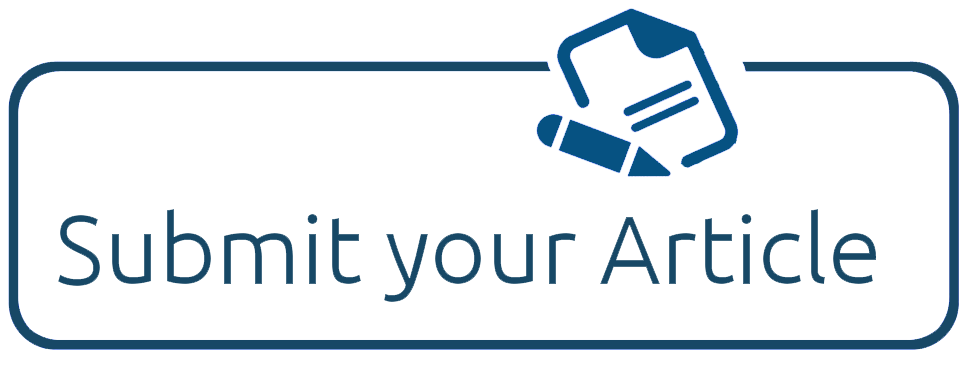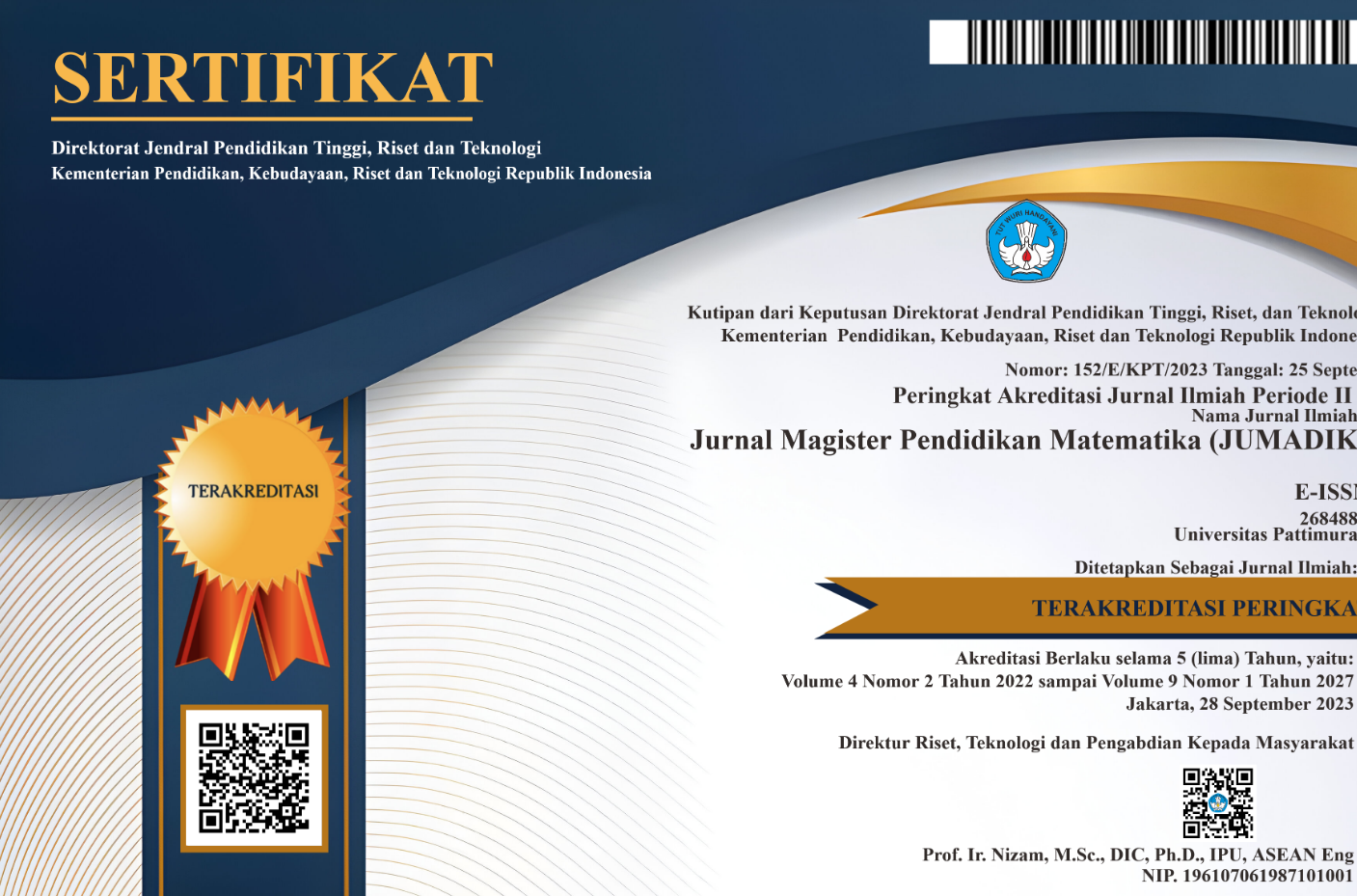STEM AND STEAM EDUCATION IN 1st DECADE: A BIBLIOMETRIC ANALYSIS (2014-2025)
Abstract
STEM and STEAM education has become a strategic learning approach in addressing global challenges in the Industrial Revolution 4.0 and Society 5.0 era, focusing on developing 21st-century skills, such as creativity, critical thinking, problem-solving and collaboration. This study used bibliometric analysis of 535 articles from the Scopus database published between 2014 and 2025 to explore research trends, dominant keywords, geographical contributions, and author and institutional impact. Data analysis conducted with RStudio, VOSviewer, and Excel identified four main clusters: skills development, educational approaches, utilization of STEM in various fields, and use of learning-based tools such as AR and VR. STEM and STEAM education effectively increased student engagement and built cross-disciplinary skills. However, challenges such as gaps in technology access and teacher training still need to be addressed. These results provide important insights for curriculum development, teacher professional training and education policies supporting technology-based learning transformation.
Downloads
Copyright (c) 2025 Pieter Zakarias Tupamahu, Dadan Dasari, Nanang Priatna, Nelma Dortje Lethulur

This work is licensed under a Creative Commons Attribution-NonCommercial-ShareAlike 4.0 International License.
License and Copyright Agreement
In submitting the manuscript to the journal, the authors certify that:
- They are authorized by their co-authors to enter into these arrangements.
- The work described has not been formally published before, except in the form of an abstract or as part of a published lecture, review, thesis, or overlay journal. Please also carefully read Jurnal Magister Pendidikan Matematika (JUMADIKA) Posting Your Article Policy.
- That it is not under consideration for publication elsewhere,
- That its publication has been approved by all the author(s) and by the responsible authorities – tacitly or explicitly – of the institutes where the work has been carried out.
- They secure the right to reproduce any material that has already been published or copyrighted elsewhere.
- They agree to the following license and copyright agreement.
Copyright
Authors who publish with Jurnal Magister Pendidikan Matematika (JUMADIKA) agree to the following terms:
- Authors retain copyright and grant the journal right of first publication with the work simultaneously licensed under a Creative Commons Attribution-NonCommercial-ShareAlike 4.0 International License (http://creativecommons.org/licenses/by-nc-sa/4.0/) that allows others to share the work with an acknowledgment of the work's authorship and initial publication in this journal.
- Authors are able to enter into separate, additional contractual arrangements for the non-exclusive distribution of the journal's published version of the work (e.g., post it to an institutional repository or publish it in a book), with an acknowledgment of its initial publication in this journal.
- Authors are permitted and encouraged to post their work online (e.g., in institutional repositories or on their website) prior to and during the submission process, as it can lead to productive exchanges, as well as earlier and greater citation of published work.







